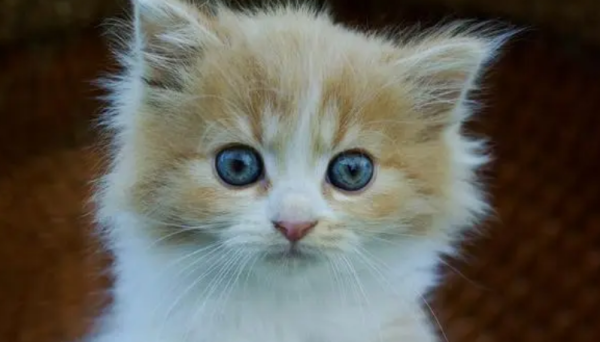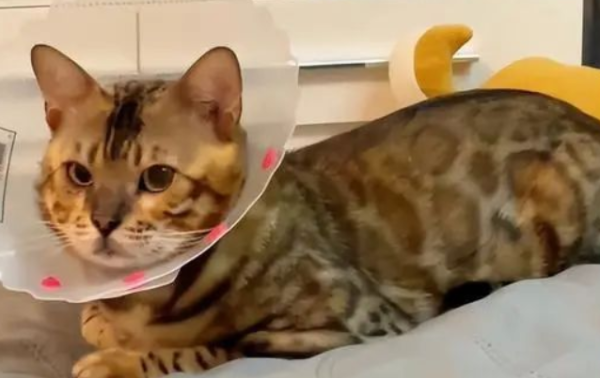What s wrong with cats running nose, tears, and sneezing? It may be sick
Cats have short noses and crying is a common thing, but if a cat runs out of nose, tears or even sneezes at the same time, you need to pay attention. What's wrong with that cat snot and tears and sneezing? What should I do if a cat has a runny nose, tears, and sneeze? Next, let’s take a look at the reasons why cats are runny nose, tears and sneezing.

1. Cold
The most obvious symptom of a cat's cold is sneezing. As the disease worsens, the frequency of sneezing will also increase. It usually causes runny nose. In the early stage, it is usually water-like nasal fluid, and in the later stage, it will appear mucous or purulent nasal fluid. If the later infection is more serious, it will often cause systemic symptoms, including fever, loss of appetite, depression, etc.
It is recommended that the owner take the cat to the pet hospital in time and let the pet doctor treat it accordingly. Generally, it will improve after three to five days of taking the medicine. In addition, during daily feeding, you should pay attention to keeping your cat warm. Do not bathe the cat before the cat has a cold and has completely recovered. You can give the cat some nutritional supplements to improve the cat's immunity.
2. Cat's nasal branch
If the cat is young or has not been vaccinated with infectious disease vaccines, it may be due to herpes virus infection, which is what we often call cat's nasal branch. After infection with herpes virus, it can cause symptoms of conjunctivitis and upper respiratory tract infection, which are clinically manifested as coughing, frequent sneezing, runny nose, tears, increased secretions in the eyes, and flushing in the conjunctiva.
It is recommended that the owner take the cat to the pet hospital for examination and confirmation in time. If the diagnosis is a cat's nasal branch, viral interferon and lysine preparations are usually required to effectively inhibit the reproduction of the virus and thus achieve a therapeutic effect. However, after the treatment of cat nasal bran, cats may be toxic for life.

3. Smelling irritating smells
If the environment in which the cat is located contains perfume, air freshener, formaldehyde, aromatherapy and other irritating gases, which stimulate the cat's eyes and nasal cavity, it will cause runny nose, tears and sneezing. This condition will not affect the cat's appetite. Generally, the symptoms will be relieved after transferring the cat to a ventilated and open environment. It is also recommended that owners should not use perfume, air freshener, formaldehyde, aromatherapy and other irritating items around their cats.




